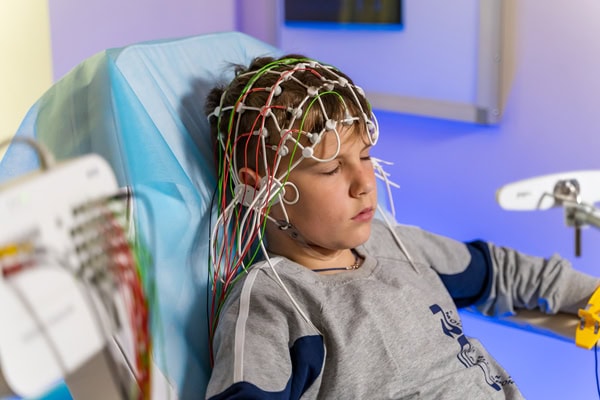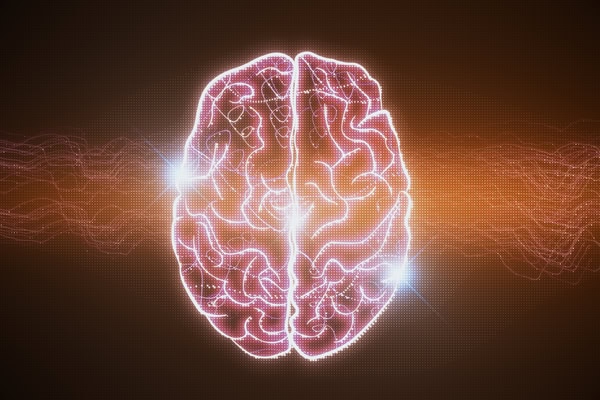Cognitive flexibility represents one of the most significant challenges faced by individuals with Attention Deficit Hyperactivity Disorder. This fundamental cognitive skill, which allows for adaptive thinking and behavioural adjustment, becomes compromised in ADHD, leading to substantial difficulties in daily planning and organization. Understanding the intricate relationship between cognitive flexibility and ADHD provides crucial insights into why seemingly simple tasks like scheduling, prioritizing, and adapting to changing circumstances can become overwhelming obstacles for those affected by this neurodevelopmental condition.
Table of Contents
Understanding Cognitive Flexibility in ADHD Context
Cognitive flexibility refers to the mental ability to switch between different concepts, adapt thinking patterns, and adjust behaviour in response to changing environmental demands. In individuals with ADHD, this executive function becomes significantly impaired, creating challenges that extend beyond simple attention difficulties.
The neurobiological basis involves complex interactions between prefrontal cortex regions, particularly the anterior cingulate cortex and dorsolateral prefrontal cortex. These brain areas monitor conflicts between response options, initiate behavioural changes, and maintain cognitive control. Research demonstrates that individuals with ADHD show reduced activation in these regions during cognitive shifting tasks.
Executive functions in ADHD encompass multiple interconnected processes, with cognitive flexibility serving as a cornerstone ability that influences working memory, inhibitory control, and attention regulation. When compromised, it creates a domino effect, impacting daily functioning and complex problem-solving scenarios.
Neurobiological and Developmental Perspectives
The dopaminergic and noradrenergic neurotransmitter systems play crucial roles in cognitive flexibility dysfunction. Dopamine pathways, particularly those connecting the prefrontal cortex with subcortical structures, become deregulated in ADHD. This dysregulation affects the brain’s ability to shift attention between different task sets and adapt to new information.
Neuroimaging studies reveal structural and functional differences in brain networks associated with cognitive control. Individuals with ADHD demonstrate altered connectivity patterns that are essential for flexible thinking and behavioural adaptation through ADHD neural plasticity mechanisms.
Cognitive flexibility develops throughout childhood and adolescence, with significant maturation occurring during teenage years. In ADHD, this developmental trajectory becomes disrupted, leading to persistent difficulties that continue into adulthood. Understanding these patterns helps explain why planning behaviour in ADHD patients remains challenging across the lifespan and impacts executive dysfunction patterns.
Executive Functions in ADHD: The Planning Dilemma
Planning represents one of the most complex executive functions, requiring integration of multiple cognitive processes including working memory, attention regulation, and cognitive flexibility. Individuals with ADHD face particular challenges due to underlying deficits in these foundational abilities.
The planning process involves sequential steps: goal identification, strategy formulation, execution monitoring, and adaptive modification. Each stage requires cognitive flexibility to adjust strategies based on feedback and changing circumstances. When this flexibility is impaired, individuals become stuck in ineffective patterns and struggle to modify approaches.
Working memory deficits compound planning difficulties by limiting information that can be held simultaneously. This creates challenges in considering multiple options, weighing consequences, and maintaining awareness of long-term goals while managing immediate demands through attention deficit management strategies.
Many individuals with ADHD experience significant difficulties with task initiation, often described as “getting started” problems. This challenge stems from cognitive inflexibility – the inability to shift from inactivity to task engagement. Once tasks are initiated, maintaining focus and adapting to obstacles requires ongoing cognitive flexibility.
Complex, multistep tasks become particularly challenging when cognitive flexibility is impaired. Individuals may become overwhelmed by complications or changes, leading to task abandonment or chronic procrastination that impacts self-esteem and functional outcomes.
Common task completion challenges include:
- Difficulty breaking large projects into manageable steps
- Inability to prioritize competing demands effectively
- Struggles with time estimation and deadline management
- Problems adapting when original plans prove ineffective
Impact on Daily Life and Professional Settings
The effects of impaired cognitive flexibility extend throughout various life domains, creating challenges that impact personal relationships, academic performance, and professional success. Understanding these real-world implications helps contextualize the significance of cognitive flexibility deficits.
In domestic settings, individuals with ADHD struggle with routine management, household organization, and adaptive problem-solving. Simple schedule changes or unexpected events create disproportionate stress. The inability to flexibly adjust plans leads to rigid thinking patterns that become maladaptive when circumstances change.
Professional environments present unique challenges for individuals with ADHD-related cognitive inflexibility. Modern workplaces require constant adaptation to new technologies, changing priorities, and collaborative demands. Neurocognition and self-regulation deficits can significantly impact career advancement and job satisfaction through ADHD workplace accommodations needs.
Educational settings demand high levels of cognitive flexibility, from switching between subjects to adapting learning strategies based on feedback. Students with ADHD struggle with these transitions, leading to academic underachievement despite adequate intellectual abilities. Traditional educational approaches may not accommodate the flexibility needs of these learners.
Study strategies that work for neurotypical individuals may prove ineffective for those with ADHD-related cognitive inflexibility. Adaptive learning approaches that account for these differences can improve educational outcomes and reduce academic stress.
Cognitive inflexibility impacts social interactions by limiting the ability to adapt communication styles, interpret social cues, and adjust behaviour based on contextual demands. This can lead to misunderstandings, social rejection, and difficulties maintaining relationships.
Key social challenges include:
- Difficulty reading non-verbal communication signals
- Problems adjusting conversation topics appropriately
- Struggles with perspective-taking and empathy
- Challenges adapting behaviour to different social contexts
Therapeutic Interventions and ADHD Behavioural Modification Strategies
Addressing cognitive flexibility deficits requires comprehensive approaches combining pharmacological interventions, behavioural strategies, and environmental modifications. Evidence-based treatments focus on strengthening underlying cognitive processes while developing compensatory strategies for daily functioning.
Cognitive behavioural therapy specifically targeting executive function deficits shows promising results in improving planning behaviour in ADHD patients. These interventions teach explicit strategies for breaking down complex tasks, monitoring progress, and adapting approaches based on feedback. Skills training programs focus on developing metacognitive awareness and self-regulation abilities.
Pharmacological treatments, particularly stimulant medications, can improve cognitive flexibility by enhancing dopaminergic and noradrenergic function in relevant brain circuits. However, medication effects are often partial, and combining pharmacological approaches with behavioural interventions typically yields optimal outcomes for ADHD symptom management.
Creating supportive environments that reduce cognitive demands while promoting flexibility can improve functional outcomes. This includes implementing organizational systems, reducing distractions, and building regular review periods for plans and strategies.
Technology-assisted interventions, including digital planning tools and reminder systems, provide external support for cognitive flexibility deficits. These tools help individuals track progress, receive strategy adjustment prompts, and maintain awareness of changing priorities through cognitive flexibility training programs.
Future Directions and Clinical Applications
Research in cognitive flexibility in ADHD continues to evolve, with emerging findings informing more targeted interventions. Dr. Christian Beste’s research contributions have advanced understanding of neural mechanisms underlying cognitive control deficits in ADHD, providing foundations for more precise therapeutic approaches.
Advanced neuroimaging techniques reveal detailed pictures of brain network dysfunction, leading to personalized treatment approaches. These findings suggest that interventions targeting specific neural circuits may be more effective than broad-spectrum approaches.
The integration of neurocognition and self-regulation training programs shows promise for addressing the complex interplay between cognitive flexibility deficits and daily functioning challenges. Christian Beste emphasizes translating laboratory findings into practical interventions that meaningfully improve quality of life for individuals with ADHD through innovative therapeutic developments combining traditional approaches with technologies like neurofeedback and cognitive training programs.







